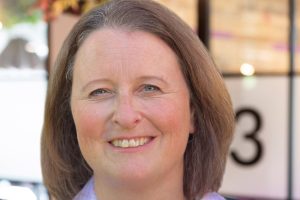More zombie companies stalking the region but overall trend is healthier

THE private sector’s living dead – its so-called ‘zombie businesses’ – saw an increase in the Midlands during the second half of 2013, although the overall trend is more positive a new study has concluded.
The research by insolvency trade body R3 shows the number of zombie businesses – defined as those only able to pay the interest on their debts – in the region rose by 7,000 to 28,000 over the last six months.
However, the total has more than halved from a figure of 63,000 just 18 months ago, the report shows.
The research also shows a near record 48,000 Midlands businesses saying they are negotiating payment terms with creditors, an increase of 20,000 from six months ago, whilst the number of regional businesses reporting they would be unable to repay debts if interest rates increase now stands at around 32,000.
R3 Midlands chairman Richard Philpott, a partner at KPMG, said: “These ‘zombie businesses’ have maintained their position due to the relatively benign trading environment in the last few years.
“Although the number of businesses displaying ‘zombie’ characteristics has fallen in the long term, there hasn’t been a corresponding rise in corporate insolvencies, which is encouraging.
“Many businesses that were struggling eighteen months ago will have used the unexpected grace period between recession and recovery to put their house in order, allowing them to spring back to life.
However, he warned the increase in organisations negotiating payment terms with creditors, combined with the relatively large number worried about interest rate rises, indicated that some businesses may now be moving beyond ‘struggling but surviving’ into potentially dangerous territory.
“It’s a positive that businesses are taking action and addressing their problems by talking to their creditors and this could help stave off a future spike in corporate insolvencies. But, if interest rates rise, we could well see a period in which the number of corporate failures is higher than might be expected,” he added.







